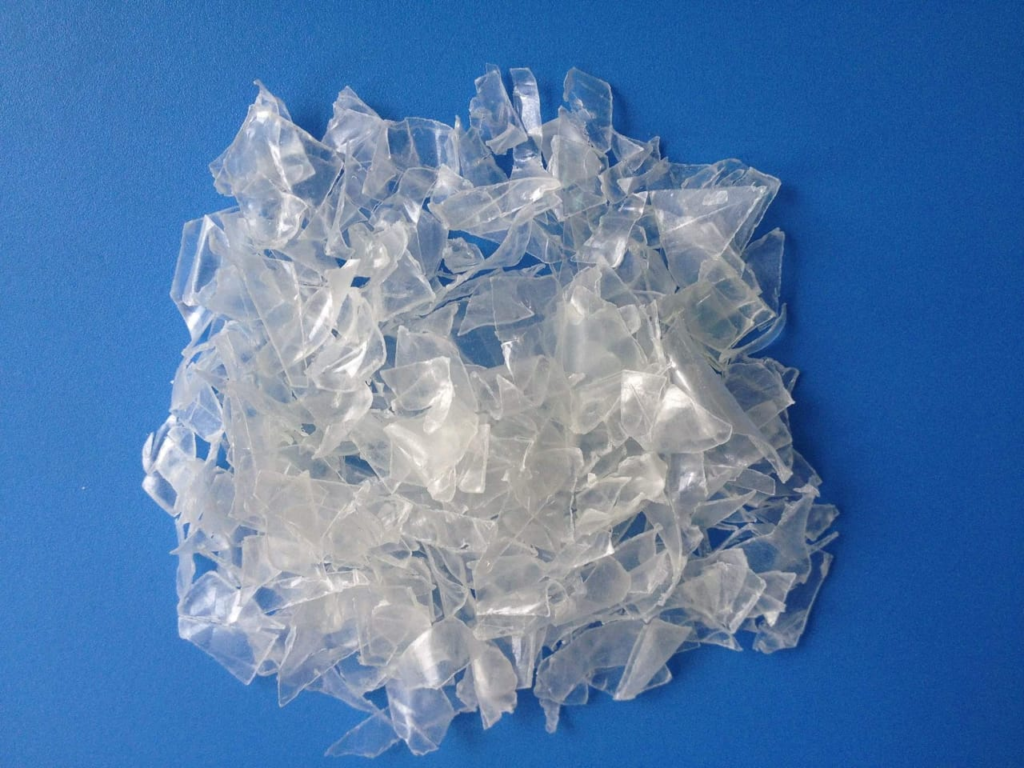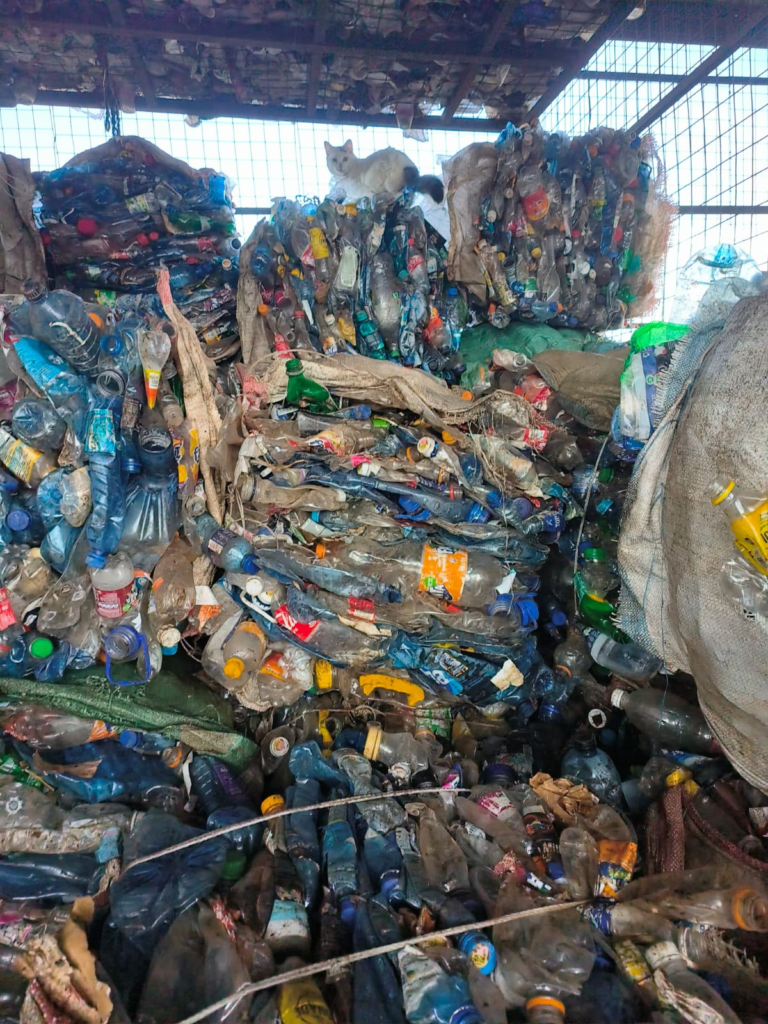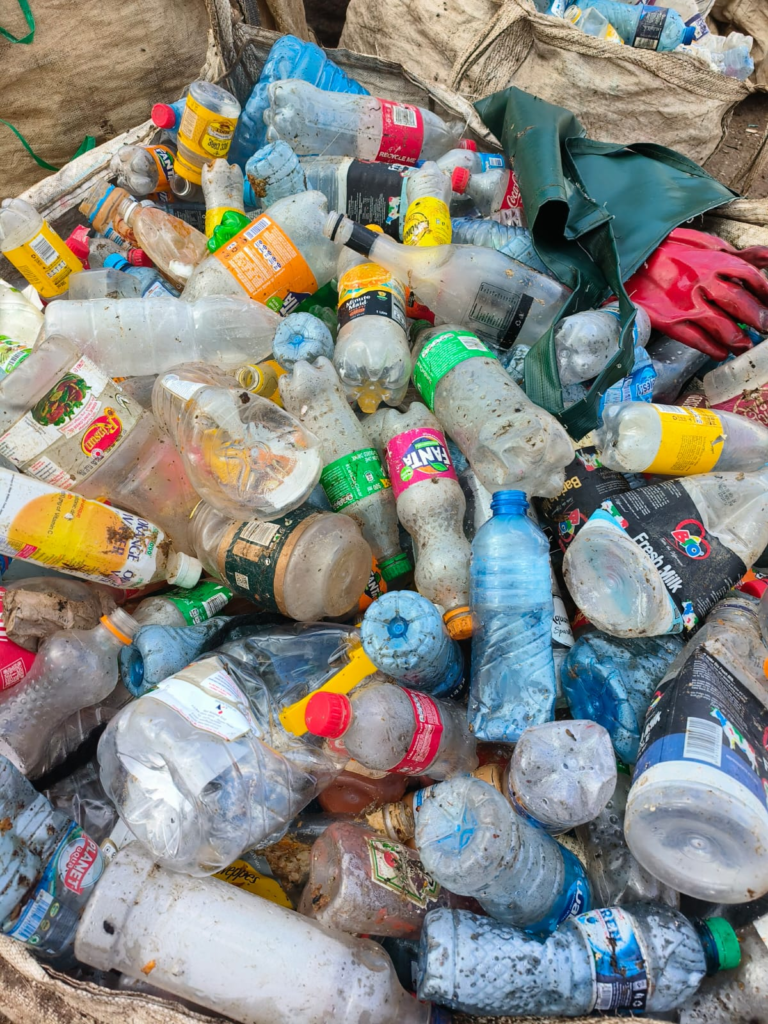
The process of recycling plastic bottles into clean flakes involves a series of orderly steps aimed at efficiently and environmentally friendly processing of discarded plastic bottles. Here is a detailed breakdown of the process:
I. Collection and Sorting
Collection: First, discarded plastic bottles are collected from various sources such as households, commercial establishments, and public places.
Sorting: The collected plastic bottles are sorted by material, color, contamination level, etc. This step is crucial for subsequent crushing and sorting, enhancing recycling efficiency and quality.

II. Crushing and Sorting
Crushing: The sorted plastic bottles are fed into a crusher to be broken down into smaller flakes or particles. The choice of crusher depends on the material and size of the plastic bottles to ensure effective crushing.
Sorting: Various methods such as electrostatic separation, screening, magnetic separation, wind separation, flotation separation, X-ray separation, color separation, near-infrared separation, and gravity separation are employed to further sort the crushed plastic flakes. This step aims to remove impurities (e.g., labels, caps, metal residues) and increase the purity of the plastic flakes.

III. Washing and Drying
Washing: The sorted plastic flakes are sent to a washing facility to remove stains, grease, and other contaminants adhering to their surfaces. The washing process typically includes water washing, alkaline washing, acid washing, and other steps to ensure the cleanliness of the flakes.
Drying: The washed plastic flakes are sent to a drying facility to remove moisture. This step is crucial for subsequent processing to avoid quality issues.
IV. Processing and Utilization
Pelletizing: The dried plastic flakes are fed into a pelletizing machine to be processed into plastic granules of a certain specification. These granules can be directly used as raw materials for producing new plastic products or mixed with new materials for use.
Other Uses: Besides pelletizing, the recycled plastic flakes can also be used to produce waterproof and antifreeze glue, aromatic compounds, multifunctional resin glue, and other products. Additionally, the flakes can be compounded and modified for road paving or as building materials.
V. Environmental Protection and Quality Control
Throughout the recycling process, attention should be paid to environmental protection and quality control. Specifically, the crushing, sorting, washing, and drying steps should be environmentally friendly to avoid secondary pollution. Meanwhile, quality inspections should be conducted on the recycled plastic flakes to ensure they meet relevant standards and requirements.
In summary, recycling plastic bottles into clean flakes involves multiple steps including collection and sorting, crushing and sorting, washing and drying, processing and utilization, as well as environmental protection and quality control. These steps are interconnected and supportive, collectively forming a complete plastic bottle recycling system.


